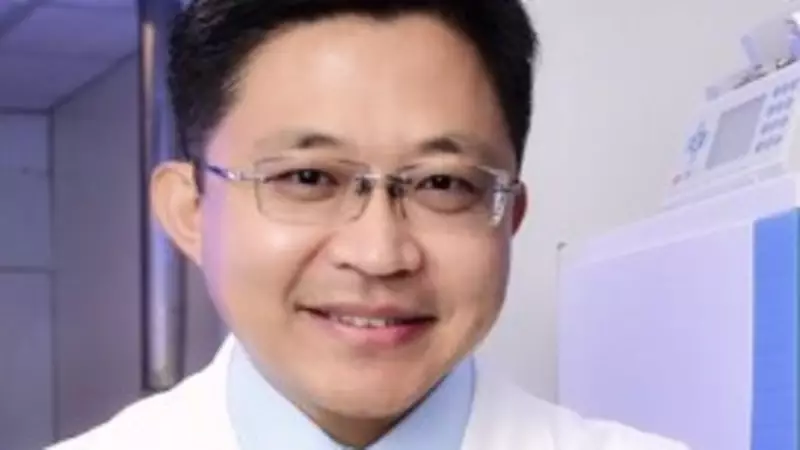
In a move that has sent ripples through the international scientific community, Dr. Hu Ye, a distinguished biomedical scientist with decades of experience in the United States, has made the groundbreaking decision to relocate his research to China. This surprising career shift highlights the evolving dynamics of global scientific leadership and research opportunities.
The Journey from American Labs to Chinese Research Hubs
Dr. Hu Ye had established an impressive career trajectory in the United States, working with some of the most prestigious research institutions and contributing significantly to biomedical advancements. His expertise and reputation made him a valued member of the American scientific establishment for many years.
What Prompted the Major Career Shift?
Several factors influenced Dr. Hu's decision to move his research operations to China:
- Expanding Research Opportunities: China's substantial investments in scientific infrastructure and biomedical research presented unprecedented opportunities
- Supportive Research Environment: The availability of extensive resources and institutional support for cutting-edge biomedical projects
- Growing Scientific Ecosystem: China's rapidly developing research landscape offers new collaborative possibilities
- Personal and Professional Alignment: The move represents a strategic decision aligning with both career goals and personal considerations
Implications for Global Scientific Competition
Dr. Hu Ye's transition underscores the intensifying competition for scientific talent between the United States and China. As more established researchers consider similar moves, it signals a potential shift in the global center of gravity for scientific innovation and biomedical breakthroughs.
The Future of International Research Collaboration
This high-profile move raises important questions about the future of international scientific cooperation and talent mobility. While individual researchers make career decisions based on multiple factors, the collective impact of such choices could reshape the global research landscape in the coming decades.
The scientific community worldwide will be watching closely to see how Dr. Hu Ye's research evolves in its new environment and what this means for the future of biomedical innovation on the global stage.





